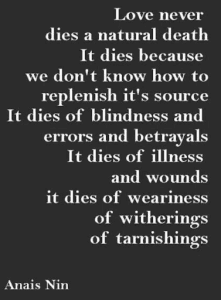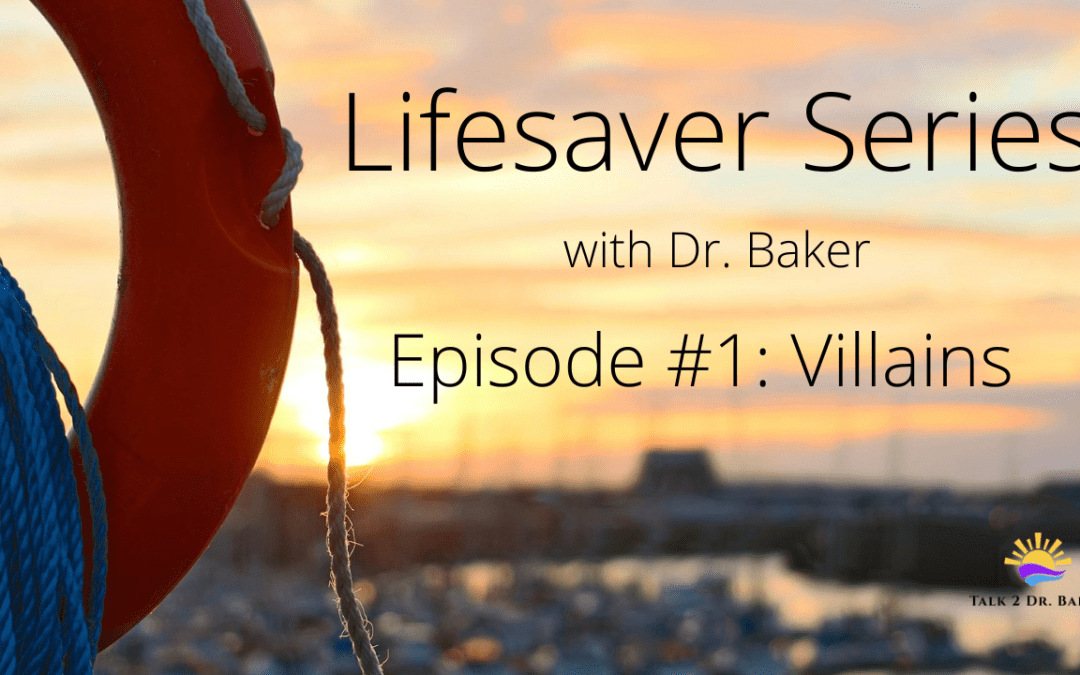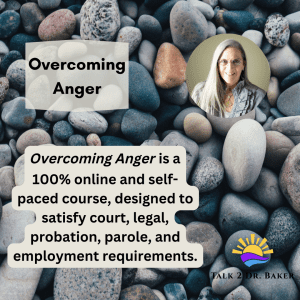
Overcoming Anger
Life is a continuous cycle of once-terrifying events becoming normal. Young-Ha Kim
Anger is a part of everyday life. Anger is observable in the young as well as the old. If you are in a crowded parking lot, someone will be angry. If you sit in the stands of a baseball game, someone will be red-faced and raise their voice. We don’t need to be ashamed of expressing anger or feel guilty that we have feelings of anger. Anger is normal most of the time.
Anger is dangerous when it can’t be controlled, and it’s doubly dangerous when we accept anger that hurts as normal. We can learn to manage anger to ensure we don’t hurt ourselves or others.
If you have a short fuse, here are a few simple and pragmatic things you can do if you feel anger rising up.
1) Count backward – This takes concentration and will give your heart time to slow down. When your heart slows down, your anger will lessen.
2) Breathe deeply – Just like counting backward, deep breathing gives your heart a chance to slow down and your anger to subside.
3) Do some light exercise – A walk, stretches, or shooting hoops are easy ways to reset and reduce your anger.
4) Listen to your favorite music – Music is a great distractor. If the music has lyrics, your brain will refocus on a different topic.
5) Repeat a preselected phrase or sentence – This is one way to change your mind about what you believe about yourself or events that trigger you.
All of these strategies are easy to practice once the decision has been made, “I’m tired of my anger controlling me.” Even if you have struggled with anger issues, uncontrolled anger is not a life sentence. You can change your mind, which will then change your brain.
If you need help managing anger, you can enroll in Anger Management, an independent online course, created and taught by Dr. Baker.

Actions speak louder than words!
Let your words teach and your actions speak.
I was in a car accident and was lucky to live. I don’t hesitate to say I love you anymore. If I feel it, I share it. If I die I don’t want anyone to wonder if I cared.
It’s hard to wrap our heads around the fact that we decide we love someone because we experience the emotion of love, but love is more than a feeling. It’s a commitment. We commit to loving people; parents, children, friends, lovers. We believe we’re in it for a lifetime until the lines get blurry when our feelings change. Do we stay invested in the relationship when feelings change?

Maggie was a married woman who sat in my office and said, I don’t love him anymore. She was a 20 year veteran of marriage and life’s experiences had impacted her feelings about her husband. She was looking for permission to leave the relationship. Although permission wasn’t mine to give, I did give her an explanation. Love is more than a feeling. The feeling may have been what drew you together, but the deeper meaning of love is the decision to remain in relationship and rediscover the feelings. Maggie, go home and act on the commitment you made and the feelings will come back.
Here are two ways to avoid corroding your commitment to love:
- Don’t become cuffed to comfort – When love is cuffed to comfort, it’s easy to neglect treating your loved one like someone special. Comfort tells us, They will always be there. Comfort leads to laziness. We stop showing up and giving our best. Too much comfort leads to mediocrity.
- Don’t become cuffed to comparison – Comparison is as dangerous to relationship as a lit candle in a dry field. Comparing a loved one to someone else says, You’re not enough! Comparative words can do two things: 1) cause your loved one to believe there is something wrong with them and impact their ability to be emotionally and mentally healthy 2) cause a fire between the two of you that is not easily extinguished. Resist comparison. Nothing good will come of it.
The words I love you are sweet, but we need to back them up with actions that show love.

Lifesaver Series: Villains
Forgiveness by proxy. When an offender is unable or unwilling to right a wrong they have done, it impacts the injured party. In this video, Dr. Baker shows the impact of allowing a counselor to take the place of the client’s offender by accepting responsibility for the damage that has been done. *** This video is role playing and not an actual session.

The Gift of Forgiveness
Marcy sat in the oversized chair, hugging her knees and bawled like a baby. He changed my life. I can’t trust. I can’t be vulnerable. I have to be in charge. And, it’s all because of him. He made me like this! He damaged me and you want me to forgive him? That makes no sense. I can’t do it.
Marcy, it doesn’t mean what he did was okay. Can’t you see how emotionally attached you are to him? It doesn’t matter that you haven’t seen him in over 20 years. He’s in your life every day, because you’re holding on to him so tightly. What if instead of saying, I forgive, you just let him go? Put the gavel down, step out of the judges box. Can you say, I let him go and I’ll let someone else judge him.
Her shoulders bounced and her heart raced as she said the words,
I let him go. I’m sick of demanding he make it right. I’m too tired to be his judge.
Forgiveness does not mean what the offender did is acceptable. Forgiveness does not give the offender a pass. Forgiveness does not mean, The Most Powerful Wins. Hurtful exchanges with people connect us to them emotionally, just like a positive experience does. That emotional connection remains in place when we focus on the injustice.
Forgiveness is a gift to self. When we forgive, we’re free to laugh again, without thinking, Is my offender having a good day? I hope my offender has a terrible day. The courageous decision to forgive allows us to emotionally disconnect from the offender. We are able to move forward in life. Forgiveness means the offense is a part of the past and I’m able to move forward with my life.
Forgiveness does not change the past but it does enlarge the future.
Paul Lewis Boese
Are you ready to
Talk 2 Dr. Baker?
- Online or in-person sessions
- Private, personalized sessions
- Counseling sessions on your schedule

